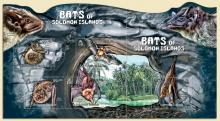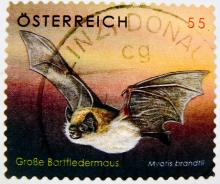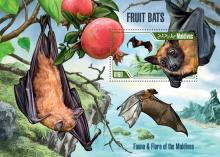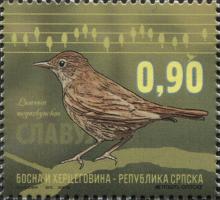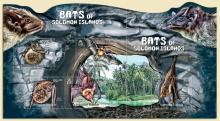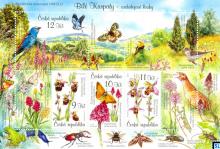Connecticut: Severe Bat Population Decline Since Mid-2000s
One of the most iconic Halloween symbols has been suffering a severe population drop for more than a decade, officials from the the Connecticut Deprtment of Energy and Environemntal Protection said Monday. What's normal Across Connecticut is that bats are on the move with three species of tree bats moving south for the winter and while the six cave bat species moving "shorter distances," where they will spend the winter hibernating, DEEP officials said.

